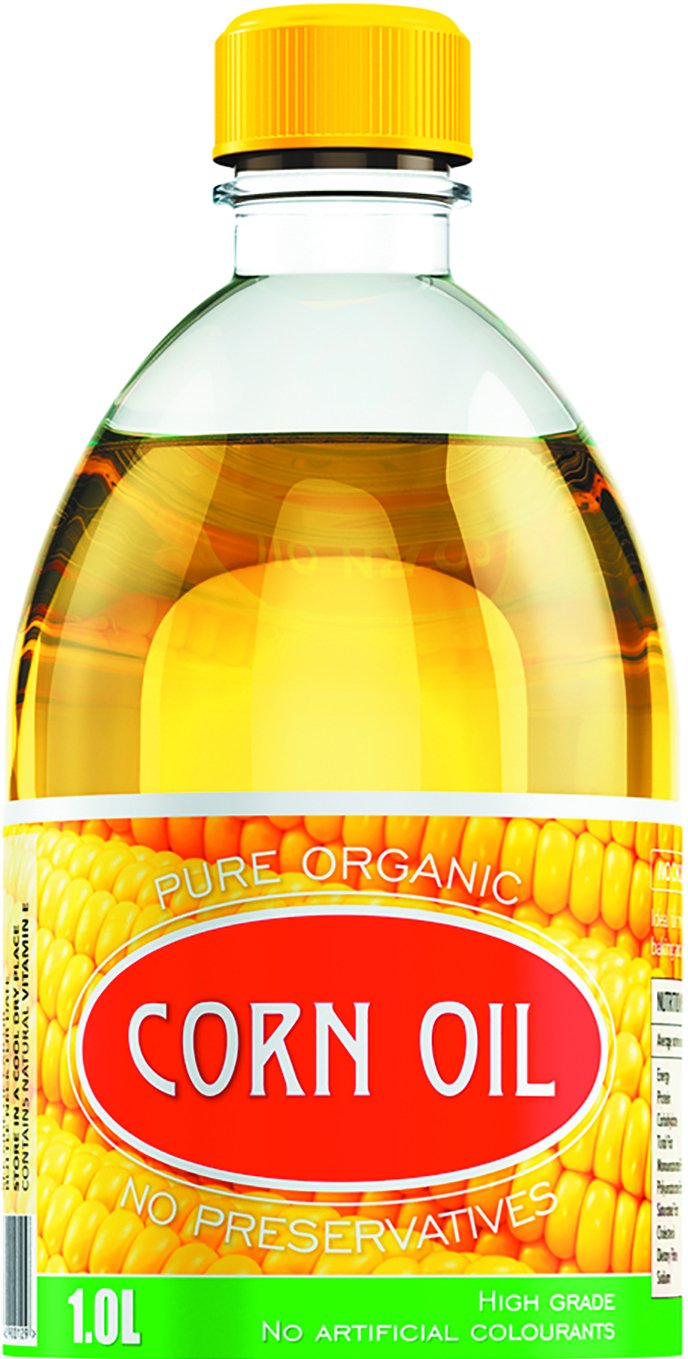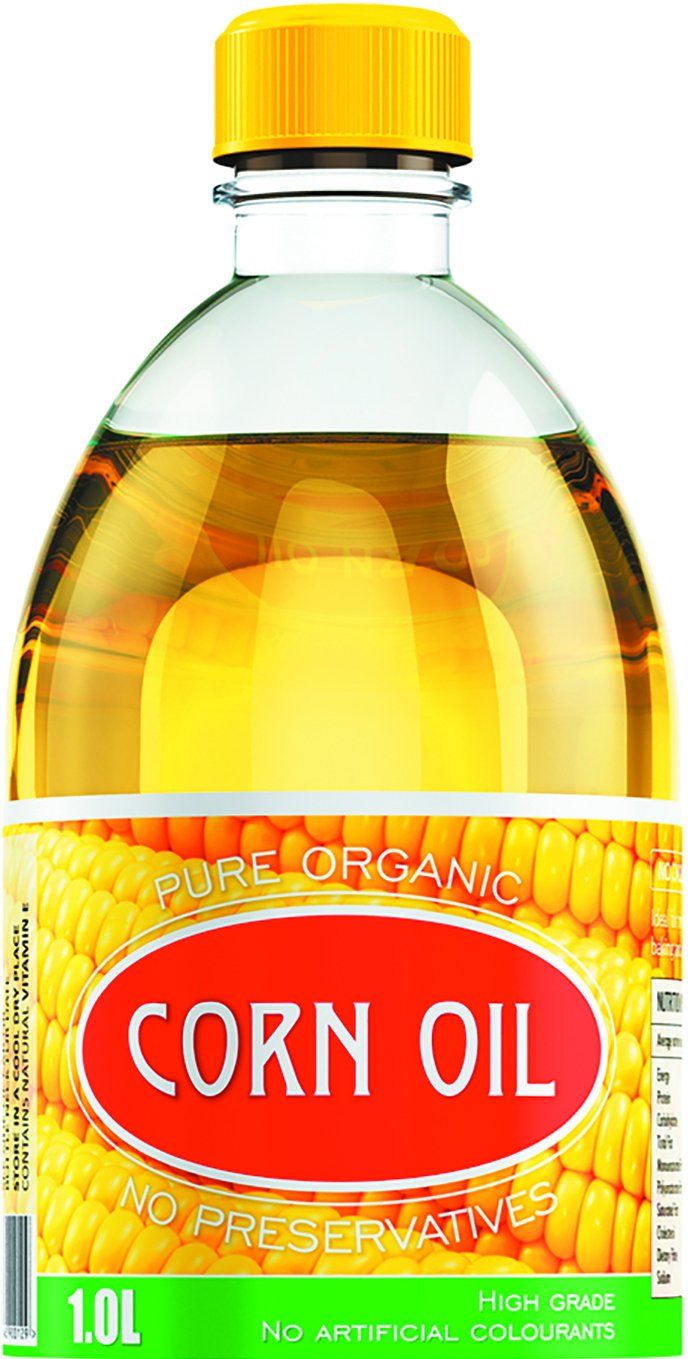[Updated May 4, 2018]
Dreamstime.com

Hoping past news headlines hinting it’s OK to load up on butter were right? No such luck. Longstanding advice to eat unsaturated fat in place of saturated fat – also found in high amounts in foods such as fatty meats and mixed dishes like pizza – was recently reinforced by the findings of a large observational study published in The BMJ (British Medical Journal). Scientists reported an 18% increased risk of heart disease associated with the highest versus lowest intake of the most commonly consumed types of saturated fat. The study also clearly showed that replacing saturated fat with polyunsaturated fat (such as in liquid vegetable oils, nuts and seafood), is associated with lower heart disease risk.
“The findings of this study support the current public health recommendation to replace foods high in saturated fat with polyunsaturated fat,” says Alice H. Lichtenstein, DSc, director of Tufts’ HNRCA Cardiovascular Nutrition Laboratory, but not involved in the study. “For those people already heeding this advice, there is no need to change. But, people seduced by the too-good-to-be-true headlines that ‘butter is back,’ should reconsider their decision.”
How to Replace Saturated Fats
To replace saturated fat with polyunsaturated fat, choose:
– Vegetable spread or vegetable oil (corn, canola, soybean) instead of butter or lard
– Salmon or sardines instead of red meat
– Tempeh instead of bacon or sausage
– Crumbled firm tofu sauteed in vegetable oil instead of ground meat
– Pumpkin seeds or walnuts on salad instead of chopped bacon
– Popcorn prepared with vegetable oil instead of buttered popcorn
– Soy “milk” instead of coconut “milk”
– Unsweetened peanut butter or almond butter instead of chocolate-flavoredhazelnut spread
– Dried fruit and nut bar instead of a candy bar
Different Kinds of Saturated Fats
Part of the debate over saturated fat’s health effects is because there are several types of saturated fatty acids found in varying proportions in foods. Some evidence suggests individual fatty acids may affect cholesterol levels differently. In The BMJ study, scientists looked at the association between heart disease and the four predominant saturated fatty acids (lauric, myristic, palmitic and stearic) individually and combined. It’s the largest observational study so far to look at individual fatty acids’ effects on heart health.
For up to 28 years, the scientists followed more than 73,000 female and 42,000 male health professionals. Every four years they filled out surveys of what they ate. The scientists tracked who developed heart disease, heart attacks and related deaths.
In comparing the individual saturated fatty acids, the relative risk of heart disease associated with each was not much different. That included palmitic acid and stearic acid, which were both associated with an 18% greater risk of heart disease at the highest versus lowest intake. (In contrast, some intervention studies had previously suggested stearic acid might have a neutral effect on heart health.) Still, palmitic acid ultimately could cause the most harm because it’s more prevalent in our food supply.
That distinction, however, isn’t terribly important. “In real-life diets, it’s very hard to separate palmitic from stearic acid, for example, because both types tend to come from the same sources,” says Qi Sun, MD, ScD, senior author of the study and an assistant professor at Harvard T.H. Chan School of Public Health. For example, in butter, 45% of the saturated fat comes from palmitic acid, and 52% comes from stearic acid.
Replacing Saturated Fat in Your Diet
When you cut back on saturated fat, what you eat instead could make a big difference for heart health. Sun and his colleagues calculated that replacing just 1% of daily calories from the predominant saturated fatty acids with the same amount of calories from polyunsaturated fat, whole grains or plant proteins (such as legumes) was associated with a 6 to 8% reduced risk of heart disease.
Different choices of what is used to replace saturated fat are a key reason the results from some studies on saturated fat and heart health have been inconsistent (and have led to misleading news headlines). Sun explains, if you replace saturated fat with healthful polyunsaturated fat, you’ll get a very different result than replacing it with refined carbohydrate, such as in many baked goods and processed snacks. A higher intake of refined carbohydrate increases heart disease risk.
“The food source of saturated fat may also alter effects [on heart disease risk],” says Dariush Mozaffarian, MD, DrPH, dean of Tufts’ Friedman School. “Dairy fat from cheese, for instance, is not linked to the same elevated heart disease risk as saturated fat from red or processed meats It’s unclear whether low-fat or regular dairy is better for health. In contrast, it’s evident that bacon, sausage and other cured meats should be avoided.”
In short, not only does the weight of scientific evidence show you should cut back on saturated fat (especially from fatty meats and butter), it also carries a caution to take care what you choose instead. Tufts’ Lichtenstein advises us to reach for a bottle of corn or soybean oil.
To learn more: The BMJ, November 2016





















